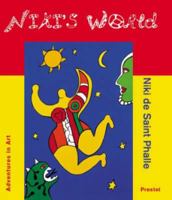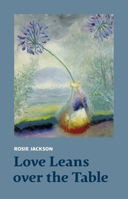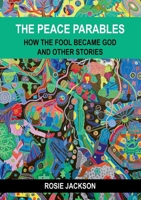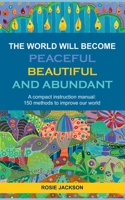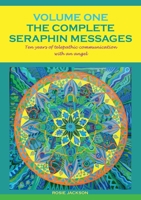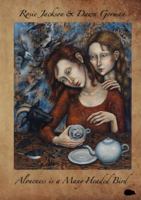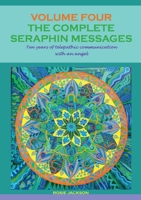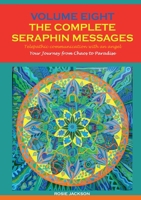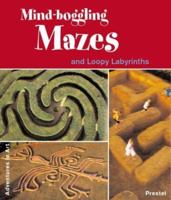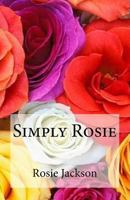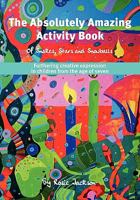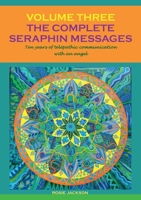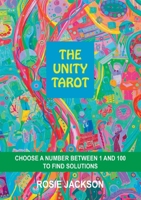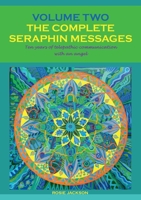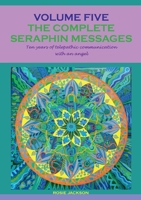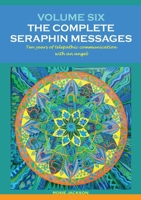Essais De Critique Religieuse...
Select Format
Select Condition 
More by Rosie Jackson
Book Overview
This is a reproduction of a book published before 1923. This book may have occasional imperfections
such as missing or blurred pages, poor pictures, errant marks, etc. that were either part of the original artifact,
or were introduced by the scanning process. We believe this work is culturally important, and despite the imperfections,
have elected to bring it back into print as part of our continuing commitment to the preservation of printed works
worldwide. We appreciate your understanding of the imperfections in the preservation process, and hope you enjoy this valuable book.
++++
The below data was compiled from various identification fields in the bibliographic record of this title. This data is provided as an additional tool in helping to ensure edition identification:
++++
Essais De Critique Religieuse
Jules Soury
E. Leroux, 1878
Religion; General; Religion / General; Religion / History; Religion and civilization; Social Science / Sociology of Religion
Format:Paperback
Language:French
ISBN:1272458822
ISBN13:9781272458829
Release Date:January 2012
Publisher:Nabu Press
Length:396 Pages
Weight:1.55 lbs.
Dimensions:0.8" x 7.4" x 9.7"
Customer Reviews
2 customer ratings | 2 reviews
There are currently no reviews. Be the first to review this work.










![Paperback Essais De Critique Religieuse... [French] Book](https://i.thriftbooks.com/api/imagehandler/m/7DAC486D0350579C004E387B5AA0583D172E454E.jpeg)

